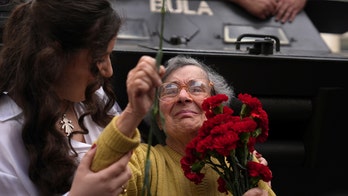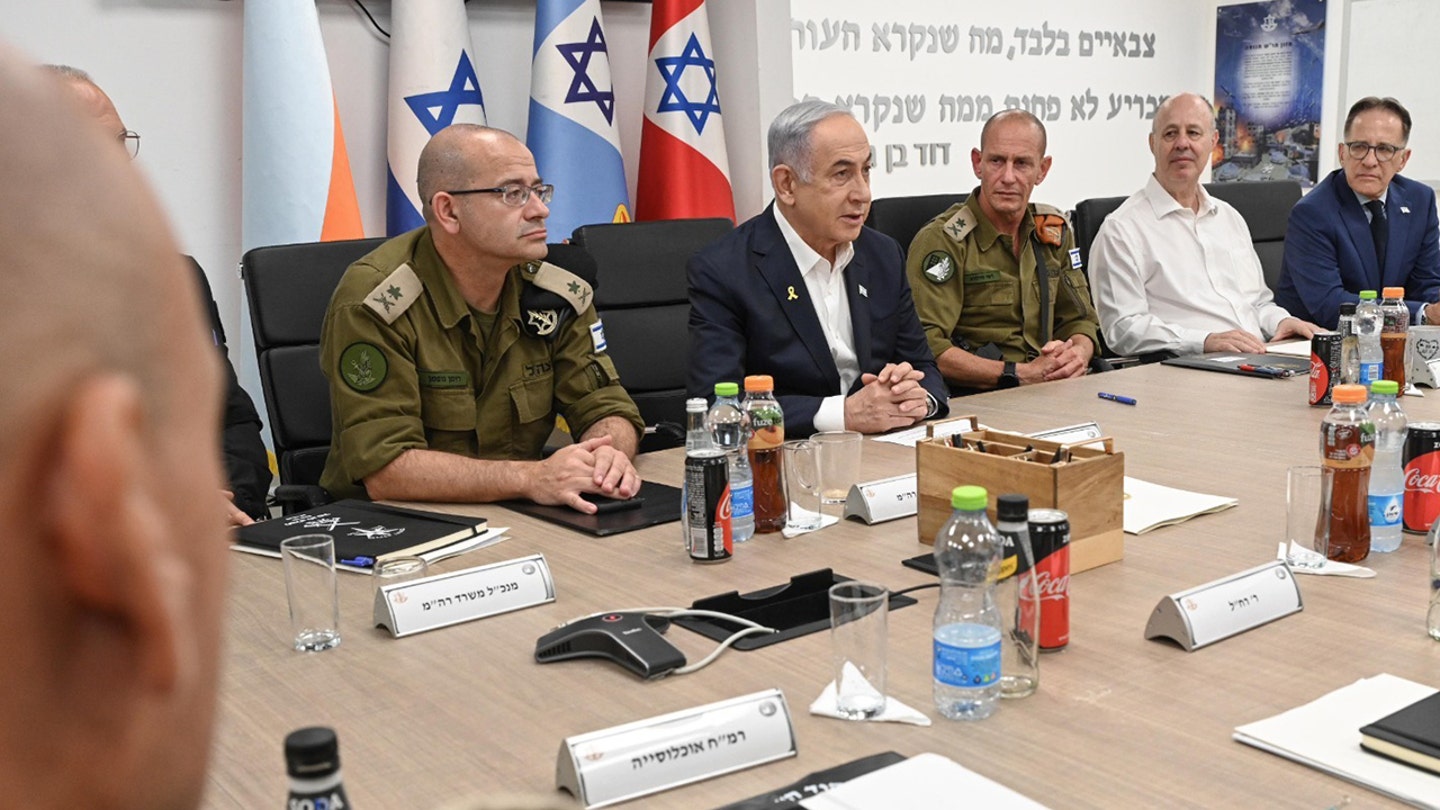As Iranians prepare for a runoff election between reformist Masoud Pezeshkian and hardline candidate Saeed Jalili, the country's nuclear negotiations and domestic turmoil stand at a crossroads. Jalili, known for his extreme views and opaque diplomatic style, poses potential threats to both international relations and Iranian society.
Iran stands on the precipice of a watershed moment as it prepares for a runoff election between hardline presidential candidate Saeed Jalili and moderate reformer Masoud Pezeshkian. Jalili, a former nuclear negotiator under Mahmoud Ahmadinejad, has drawn criticism for his uncompromising stance and inflammatory rhetoric, raising concerns about a return to the diplomatic stalemate and domestic unrest that plagued Iran during his tenure.
Jalili, known as the "Living Martyr" due to his combat injury in the Iran-Iraq war, has a doctorate in political science and served as a university professor before joining the Foreign Ministry. As Iran's top nuclear negotiator from 2007 to 2013, he became infamous for his evasive and dogmatic approach, leaving Western diplomats frustrated and the nuclear negotiations stalled.

Iran's Hardline Presidential Candidate Saeed Jalili: A Return to Stalemate and Instability
One anonymous French diplomat once labeled Jalili's negotiation style as a "disaster," while a European Union official described him as "a true product of the Iranian Revolution." Jalili's inability to deviate from his rigid script and provide nuance alienated his counterparts, hindering any progress in the talks.
Upon his defeat in the 2013 presidential election, Jalili formed a "shadow government" to undermine the efforts of the more moderate Hassan Rouhani, who eventually secured the 2015 nuclear deal. Jalili strongly opposed the deal, which saw Iran significantly reduce its enriched uranium stockpile in exchange for the lifting of economic sanctions.

Iran's Hardline Presidential Candidate Saeed Jalili: A Return to Stalemate and Instability
In recent months, Iranian officials have become increasingly assertive about their ability to build a nuclear bomb if they so desired, enriching uranium to 60% purity, a short technical step from weapons-grade levels. Jalili's hardline stance has raised concerns that he may abandon the nuclear deal and pursue a more confrontational approach, heightening tensions with the international community.
Domestically, Jalili's views have also been met with alarm. Supporters have called for stricter punishment against those violating the mandatory hijab law, with one campaign official equating uncovered women to "whores." While Jalili has avoided direct comments on the hijab issue, his campaign's rhetoric suggests a possible crackdown on social freedoms.
Jalili's election may also exacerbate the domestic turmoil that has gripped Iran since the death of Mahsa Amini in police custody for allegedly wearing an improper hijab. A bloody security force crackdown followed the demonstrations, further inflaming public anger. Jalili's hardline policies could further alienate and suppress protesters, destabilizing an already fragile society.
The runoff election between Jalili and Pezeshkian will be a defining moment for Iran's future. Jalili's victory would likely plunge the country into renewed international isolation and domestic repression, while Pezeshkian represents a potential path towards reform and engagement. The outcome will have profound implications for Iran's relations with the world and the well-being of its people.










